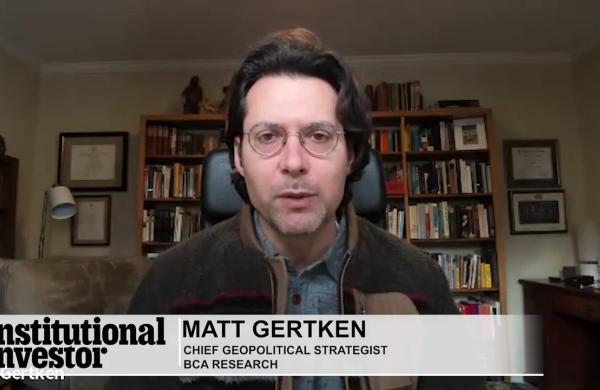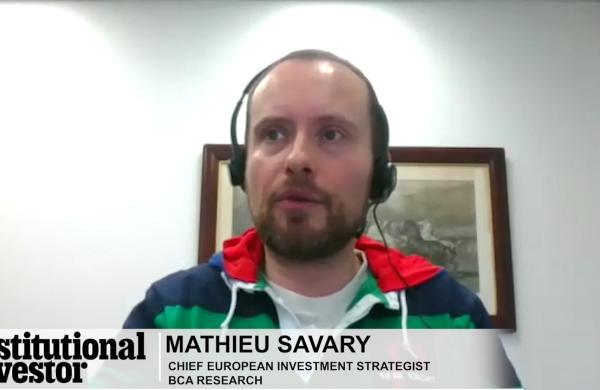When Goldman Sachs senior global economist Martin Brookes left his lucrative job in the City for nonprofit Amnesty International in late February, many of his London colleagues told him how much they admired his decision. But so far no one has followed him.
Few could argue with Brookes's qualifications to be Amnesty's first full-time economist. He earned a master's in economics from the University of London, learned about foreign currencies studying the gilt market at the Bank of England and during his seven-year career at Goldman earned praise for reports on everything from European monetary union to the economics of the Internet. (He also was part of the Goldman group that won the top spot for Economics on Institutional Investor's 2000 Global Research Team.) But Brookes, 34, says investment banking can't match the challenge that Amnesty offers: "I'll be looking at the links between human rights and economics. It's a new area of research and a combination I would never be able to find in the private sector."
Brookes, who learned of the Amnesty job through an ad in The Economist, understands his former co-workers' reluctance to join him in the nonprofit world. "I've never actually sat down and worked out the difference between my compensation at Goldman and here," he says. "I've told myself it was too complicated to work out the performance-linked pay. But I have to admit, if I had decided to calculate it, I might never have left Goldman." Then again, as lockups from the firm's huge 1999 IPO expire over the next three years, many Goldman employees may decide that they have the freedom to pursue their dreams.




